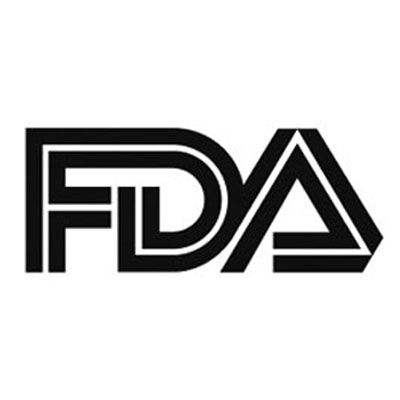FDA Grants Orphan Drug Designation to DKN-01 for Gastric/GEJ Cancer
"We believe DKN-01 has the potential to be an important new therapy for this patient population that remains an area of high unmet medical need."

The FDA has granted an Orphan Drug Designation to DKN-01 for the treatment of patients with gastric and gastroesophageal junction (GEJ) cancer, according to a press release from developer Leap Therapeutics.1
"Orphan Drug Designation for DKN-01 in gastric and gastroesophageal junction cancer is another significant milestone in our DKN-01 development program and underscores the need for new treatment options for these indications," said Douglas E. Onsi, President and CEO of Leap Therapeutics, in the press release. "We believe DKN-01 has the potential to be an important new therapy for this patient population that remains an area of high unmet medical need."
DKN-01 is a humanized monoclonal antibody that targets the DKK1 protein, which modulates Wnt/beta-catenin signaling. DKK1 is known to play a role in tumor cell signaling and mediating an immunosuppressive tumor microenvironment by boosting the activity of myeloid-derived suppressor cells and downregulating natural killer ligands on tumor cells.
The agent is currently being investigated in phase 1/2 clinical trials, including in the recently launched phase 2 DisTinGuish trial of DKN-01 in combination with tislelizumab, an anti–PD-1 antibody, with or without chemotherapy in patients with gastric or GEJ cancer (NCT04363801).
In the small multipart phase 1/2 KEYNOTE-731 study of DKN-01 plus PD-1 checkpoint inhibition in patients with advanced or recurrent gastroesophageal adenocarcinoma who had no prior exposure to PD-1/PD-L1 checkpoint blockade, DKN-01, and pembrolizumab (Keytruda) demonstrated clinical efficacy in patients who demonstrated high tumor DKK1 expression.2,3
According to a presentation at the 2020 Gastrointestinal Cancers Symposium, patients with high DKK1 expression had a median progression-free survival (PFS) of 22 weeks and an overall survival (OS) of close to 32 weeks. The objective response rate (ORR) among the 10 evaluable patients with high DKK1 tumoral expression was 50% and the disease control rate (DCR) in these patients was 80%.
Comparatively, patients with low DKK1 expression (n = 15) had a median PFS of under 6 weeks and a median OS of more than 17 weeks; the ORR was 0% and the DCR was 20%.
By multivariate analysis, high DKK1 expression correlated with longer PFS times, and this was independent of PD-L1 expression by combined positive score.
KEYNOTE-731 (P102) is exploring the use of DKN-01 as either monotherapy or in combination with paclitaxel or pembrolizumab in patients with advanced esophagogastric cancers who have been previously treated with standard therapies (NCT02013154).
References
1. Leap Therapeutics Announces Orphan Drug Designation of DKN-01 for the Treatment of Gastric and Gastroesophageal Junction Cancer. Press release. Leap Therapeutics. June 11, 2020. Accessed June 12, 2020. https://yhoo.it/2BTTW8O
2. Klempner SJ, Bendell JC, Villaflor VM, et al. DKN-01 in combination with pembrolizumab in patients with advanced gastroesophageal adenocarcinoma (GEA): Tumoral DKK1 expression as a predictor of response and survival. J Clin Oncol. 2020;38(suppl 4):357.
3. Leap Therapeutics Presents Updated Data at the ASCO 2020 Gastrointestinal Cancers Symposium (ASCO GI) Global Meeting. Press release. Leap Therapeutics. January 23, 2020. Accessed June 12, 2020. https://bit.ly/37nQijr